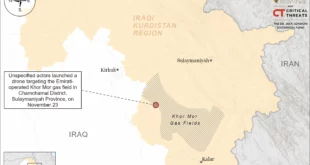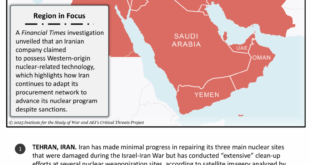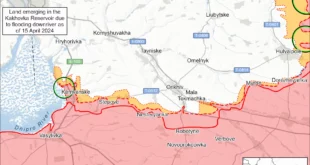Talks aimed at ending the war in Syria restarted on Tuesday with the Damascus regime enforcing its will, warning the United Nations it would not tolerate any discussion of President Bashar al-Assad’s ouster from power.
Assad’s negotiators did not travel to Geneva for the opening of the UN-backed talks, delivering another blow to the negotiations that have achieved little through seven previous rounds.
Opposition representatives, united in one delegation for the first time, were scheduled to meet UN mediator Staffan de Mistura on Tuesday.
After arriving in Geneva late Monday, rebel delegation chief Nasr Al Hariri told reporters that his camp was still insisting on Assad’s removal as part of any peace deal, defying calls for moderation.
Damascus had initially refused to confirm it would attend the talks with the opposition maintaining its hardline stance on the president, but the UN and Syria’s official Sana news agency have announced that government representatives will arrive on Wednesday.
But before agreeing to come, Assad’s envoys secured key concessions from de Mistura.
“During intense discussions over the last two days, de Mistura pledged to the government delegation that there would not be any… discussion of the Riyadh statement,” an opposition text that references Assad’s ouster, a source close to the government told reporters.
Keeping the Assad issue off the table may also suit de Mistura, who has said he wants this round to focus on a new constitution for Syria and UN-supervised elections.
US President Donald Trump said on Monday following a phone conversation with French leader Emmanuel Macron that the two men agreed the Geneva talks were the “only legitimate forum for achieving a political solution in Syria.”
The UN envoy had voiced hope the coming round would mark the first “real negotiation” on a possible deal to end the six-year war which has claimed more than 340,000 lives and left Syria in ruin.
Check Also
Russian Offensive Campaign Assessment, November 26, 2025
Toplines Data on Russian forces’ rate of advance indicates that a Russian military victory in …
 Eurasia Press & News
Eurasia Press & News


